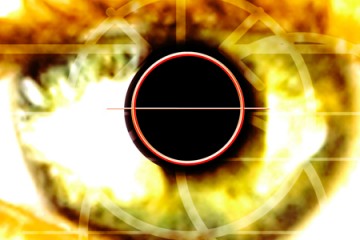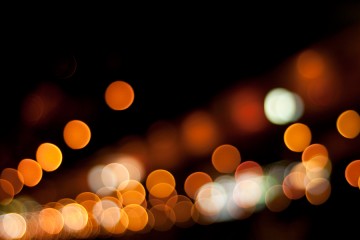Many consider the end of daylight saving time to be the nice time change. Unlike the annual shift in March, when we "spring forward" an hour, setting our clocks back Saturday night before we go to bed allows us to "fall back." But the extra hour of sleep gained in the wee hours of Sunday morning is not without cost, according to Samer Hattar, an associate professor in biology at Johns Hopkins University.
In light of the coming time change, the Hub quizzed Hattar, whose research deals with how exposure to light—or lack thereof—through the retina affects mammals' internal clocks and their health. In short, Hattar says 60 minutes matter. Less time in the sun can send our internal clocks into a tailspin.
What effect does the end of daylight saving time have on us?
Samer Hattar: You would think that a change of an hour is not a big deal and should have minimal effect on our behavior. But the truth is more complicated, especially in an environment where we are already sleep deprived. The change in March is usually more dangerous since we lose one hour of sleep. So you would think that returning the clock one hour in November should be helpful to us. But the evidence is more complicated, since people show some confusion and they possibly think they could stay up later the night before so the net effect is similar to the March situation.
What biological functions are regulated by our internal clocks, or the body's understanding of day and night?
S.H.: Everything we know of seems to be regulated by our internal biological clock. And there seems to be an internal time system that allows certain functions to occur in a certain temporal fashion producing what is known as the circadian timing system. The easiest one to explain is that you should not be hungry when you are sleeping, so sleep shuts the hunger systems in the brain.
As we inch closer to the shortest day of the year, what effect does the slow creep into darker days have on our bodies?
S.H.: Shorter day lengths are associated with seasonal changes in mood known as SAD (seasonal affective disorder). However, more subtle effects such as lack of energy or winter blues can also be felt in these shorter day times.
Is there anything we can do to help ourselves plod through the darker winter months?
S.H.: Use the sun as much as you can. Whenever you could go outside and get some sunshine, do not hesitate to do it. If you have sensitive skin, you could still cover up the skin and wear a hat. Just being outside on a sunny day should allow you to increase the number of photons absorbed by your retina several folds over the number absorbed by being inside the office.
Posted in Science+Technology
Tagged biology, neuroscience, samer hattar









